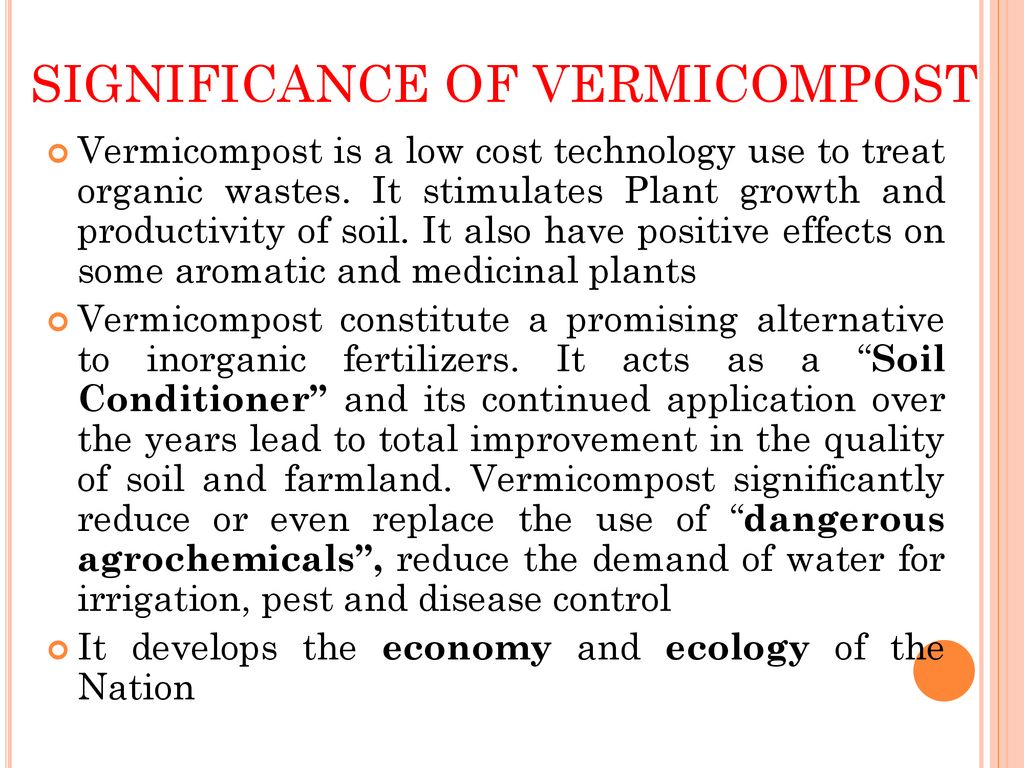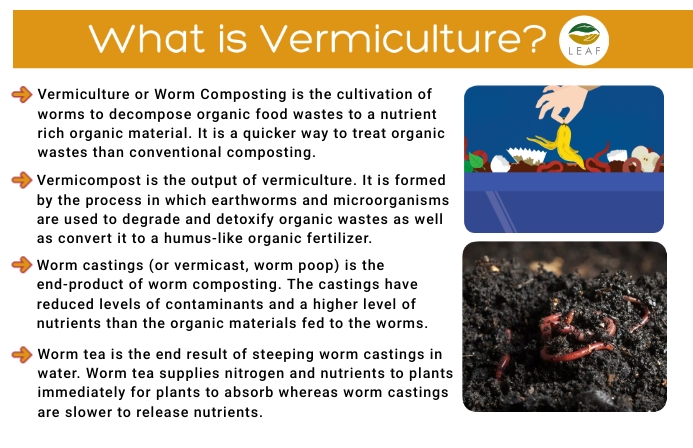The 15-Second Trick For Red Wiggler Express
The 15-Second Trick For Red Wiggler Express
Blog Article
Little Known Facts About Red Wiggler Express.
Table of ContentsThe 8-Second Trick For Red Wiggler ExpressThe Definitive Guide for Red Wiggler Express7 Easy Facts About Red Wiggler Express ExplainedRed Wiggler Express - The FactsWhat Does Red Wiggler Express Do?

If you're at all in tune to the farming information of late, you're well mindful that dirt health is in decrease all over the globe a problem that is having a tragic impact on our food systems. The response to this global trouble? Worms.
Some begin vermicomposting as a leisure activity and range up, whereas others have the purpose right from the start to develop a profit-making company. They might be farmers, community yard volunteers, business owners, landscapers, greenhouse cultivators, or team at establishments that produce food waste.
Some Known Facts About Red Wiggler Express.
Among the most typical factors for venturing into commercial vermicomposting is the need to reuse organic waste right into items that improve soil and plant health. Soil wellness has recently come to be a crucial global worry. The United Nations Food and Agriculture Organization declared 2015 the International Year of Soils to boost recognition of soil's duty in food safety and security and healthy ecological community function.

In the interior of a land fill, natural materials damage down in an anaerobic atmosphere and release methane, a greenhouse gas that is 25 times more powerful than co2 (Composting). A much far better option to landfilling food waste and other organic materials is to vermicompost them. What was when taken into consideration waste can be changed right into important products that nurture dirts and plants
Red Wiggler Express for Beginners
For the previous 25 years in lots of files, book chapters, and interviews, I have described the ended up product of vermicomposting as vermicompost. This term is typically used to recognize the mixture of earthworm spreadings (feces) and uneaten bed linen and feedstock (organic product) that is harvested from worm beds.
After substantial thought, I made a decision to utilize the term vermicast throughout this book, for 2 important factors. One is because many individuals make use of the terms garden compost and vermicompost reciprocally, not understanding that the end product of vermicomposting is qualitatively different from garden compost. I think it would benefit the vermicomposting sector to distance itself from the term compost in describing its items.
Composting is the controlled process of converting organic products right into a valuable dirt modification under aerobic problems making use of naturally created warmth. On the other hand, a vermicomposting pile or worm bin should be preserved to ensure that it does not warm up. In a compost heap the types and amounts of species of bacteria change when the stack reaches thermophilic temperature levels of 106F (41C) or greater.
The Definitive Guide for Red Wiggler Express
The lower line marking the distinction between garden compost and vermicast, however, (https://williamanderson331.wixsite.com/red-wiggler-express/post/fishing-organic-and-pets-a-guide-to-using-red-wigglers-for-a-sustainable-lifestyle) is that the last has travelled through earthworms. Thus, vermicomposting is more comparable to animals manufacturing than to composting; it needs animal husbandry abilities to properly care for the worms. A second reason to make use of the term vermicast is to avoid product labeling that can be perplexing to consumers.
Worm spreading is the last item of worm digestion and can be merely recognized as worm manure. It is abundant in natural matter and helpful bacteria that generate and help your yard.
Sustainable horticulture is practiced when no-cost or affordable changes such as the use of worm spreading from vermicomposting is incorporated. Accumulated organic issue in vermicompost bins.
In the past two hundred years after the Industrial Revolution, methane focus within the atmosphere have greater than doubled due in huge part to anthropogenic human-related activities (Pets). Around 50 percent of LFG released from land fills is co2 and the rest is a little percent of non-methane organic substances. Methane is a powerful greenhouse gas that continues to be in the ambience for a much shorter time in contrast to co2 but both are launched in the environment in big amounts from differing resources among which is organic my link product decomposition from land fills
How Red Wiggler Express can Save You Time, Stress, and Money.

Exists a food waste or vermicomposting system on your regional school? It is seen that long-term and impactful actions on a system large range can begin with a single small worm. Worms might be commonly connected with this gory and spooky season, yet when thinking about the interconnected effect of the vermicomposting procedure (on boosting soil health and wellness and plant development in your garden, alleviate environment change, and equipping students) give some recognition to the abundant advantages that worms offer.
Report this page